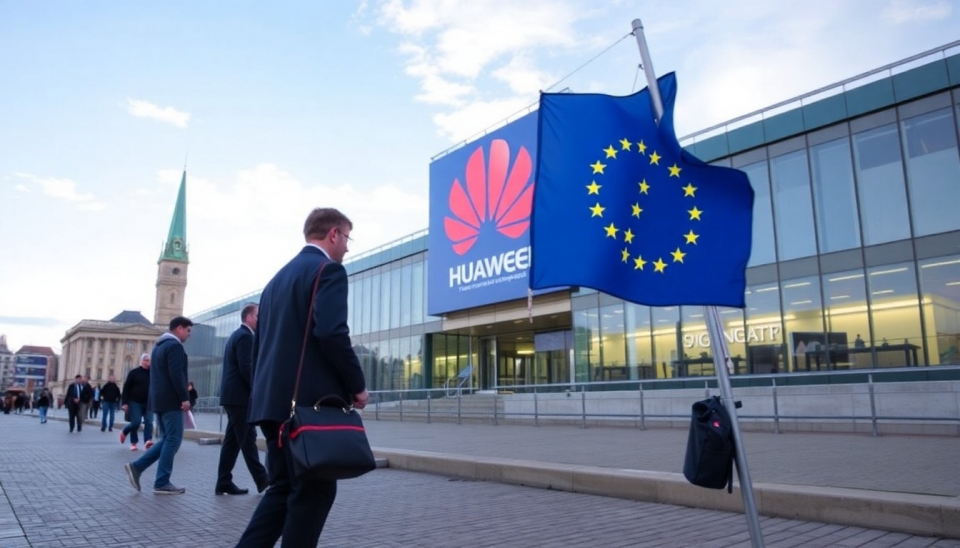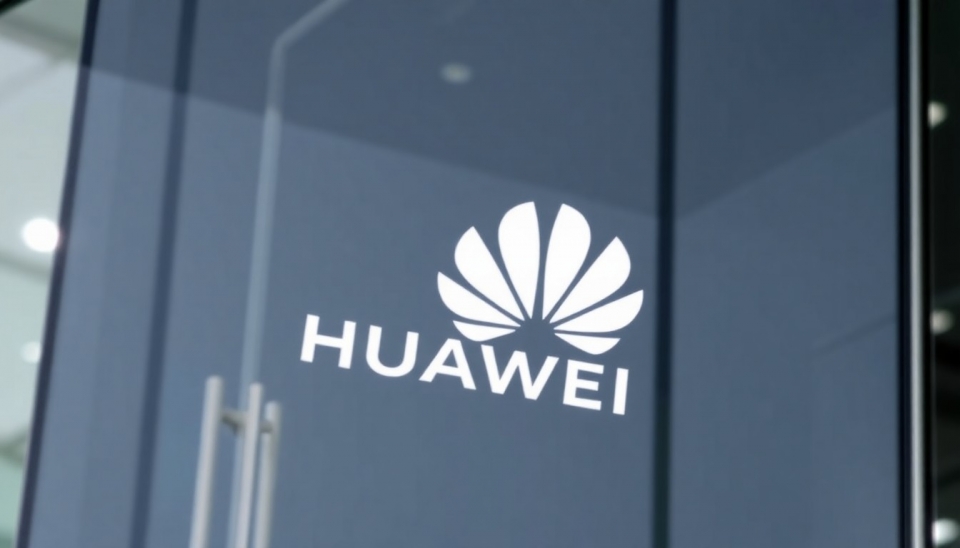
In a significant escalation of its ongoing investigation into Huawei Technologies, Belgium has announced that it will be scrutinizing the offices of European Parliament staff. This move comes as part of a broader inquiry into potential security concerns surrounding the Chinese telecommunications giant, especially amidst rising tensions over technology management and espionage allegations in Europe.
Authorities in Belgium, motivated by unresolved security questions tied to Huawei, have stated that the inquiry will extend its focus to include not only Huawei’s operations but also its interactions with personnel within the EU Parliament. This decision signals Belgium's serious commitment to addressing concerns that have arisen about the implications of foreign tech companies operating within European institutions.
Huawei, which has previously faced scrutiny globally over allegations of espionage and links to the Chinese government, has consistently denied these accusations. The company's public relations strategy has centered on transparency and compliance, aiming to assuage fears held by both national governments and international institutions about data security and privacy. However, the intensifying investigation in Belgium underscores a growing wariness among EU members regarding possible vulnerabilities presented by foreign tech firms.
Belgium’s move to investigate the European Parliament's staff offices is seen as a proactive step in safeguarding sensitive information and ensuring the integrity of the legislative process against potential cyber threats. Officials have pointed out that the proximity and accessibility of Huawei’s products and personnel to lawmakers could present unique risks. By opening the inquiry into the operations and staffing of the EU Parliament, Belgium hopes to establish a clearer framework for evaluating and potentially curbing the influence of foreign tech within critical governance sectors.
As investigations unfold, the scrutiny on Huawei may begin to impact its business operations within the European Union. The potential ramifications could extend beyond Belgium, influencing policy decisions across other EU member states and potentially leading to coordinated regulatory responses aimed at protecting digital sovereignty.
Furthermore, this move reinforces a larger narrative within Europe, where national security concerns are increasingly translating into cautious approaches towards partnership and reliance on foreign technology. Many EU countries are currently reevaluating their relationships with tech companies seen as risky, revisiting whether current practices protect national interests and cyber safety.
In conclusion, Belgium's aggressive stance against Huawei and its decision to probe the EU Parliamentary staff reflects a heightened sense of urgency from European authorities to safeguard against potential threats posed by foreign technology firms. As this inquiry develops, implications for Huawei’s role in European infrastructure, cybersecurity measures, and international relations will likely become increasingly pronounced.
#Huawei #Belgium #EUPolicy #CyberSecurity #ForeignRelations #TechInvestigations
Author: Emily Collins




